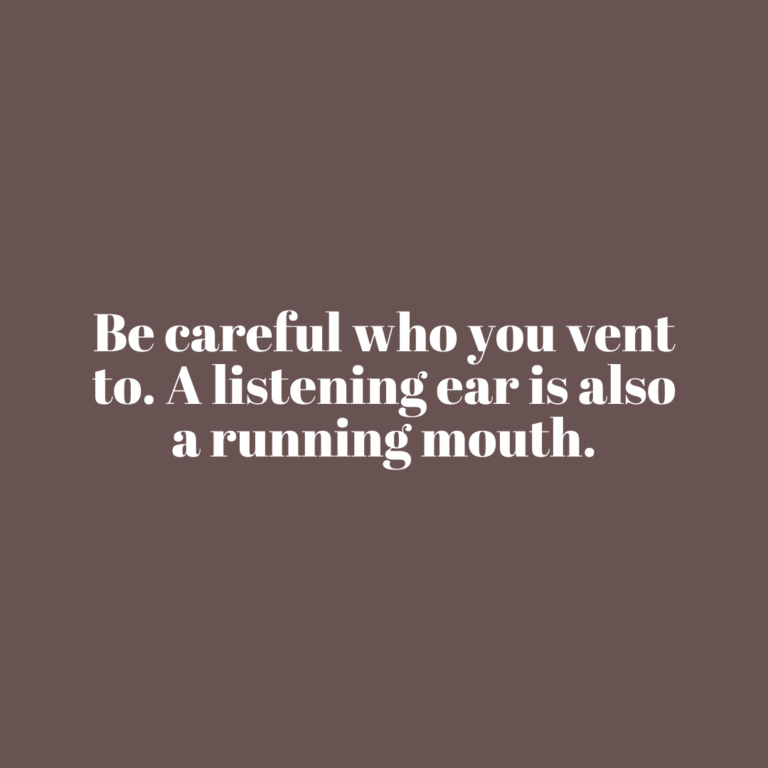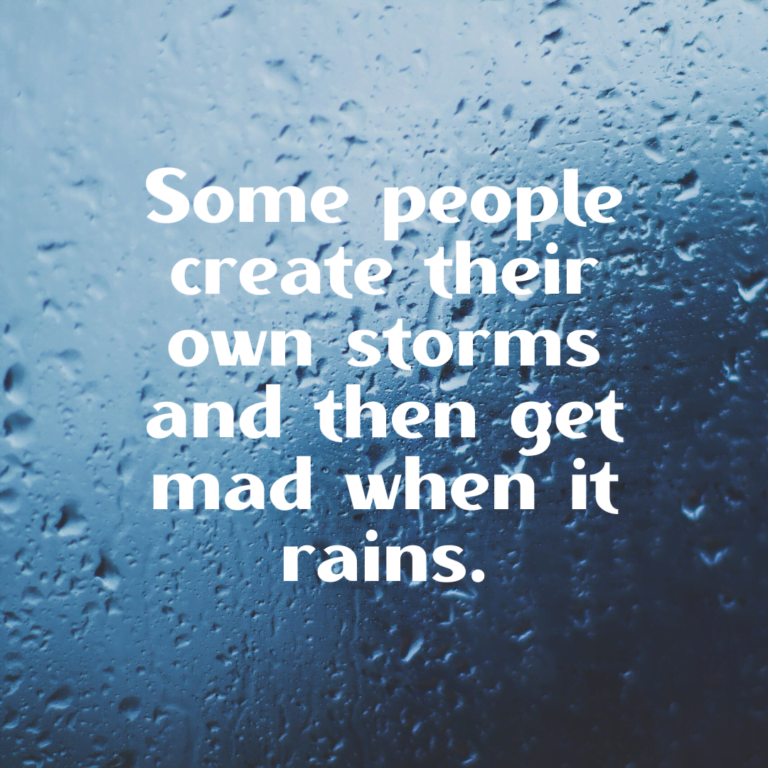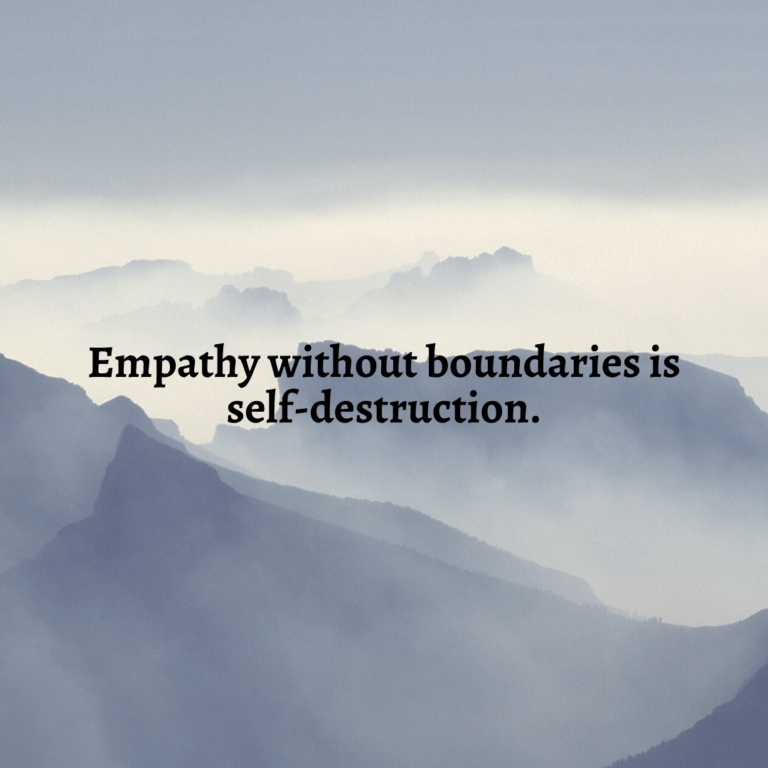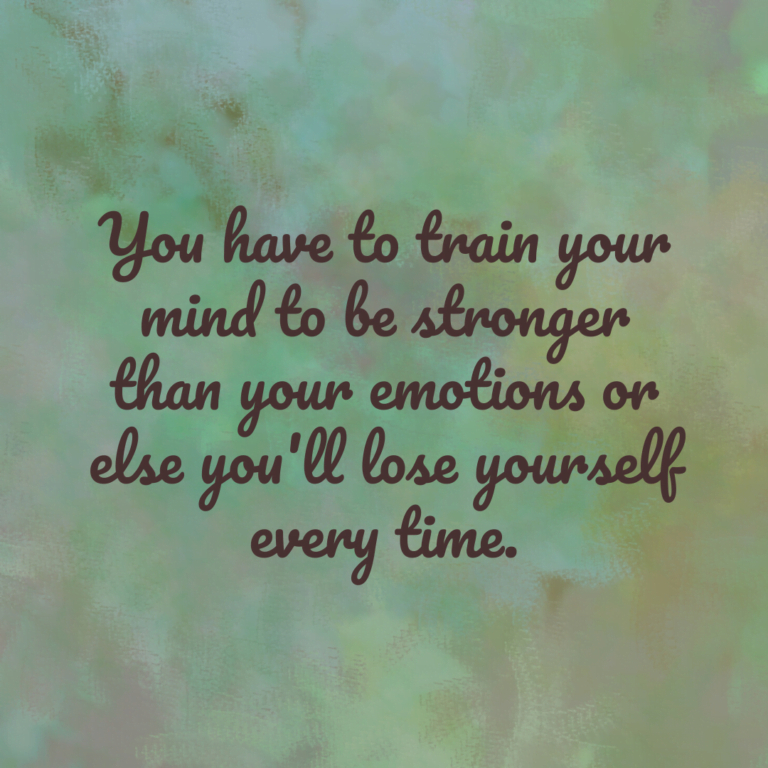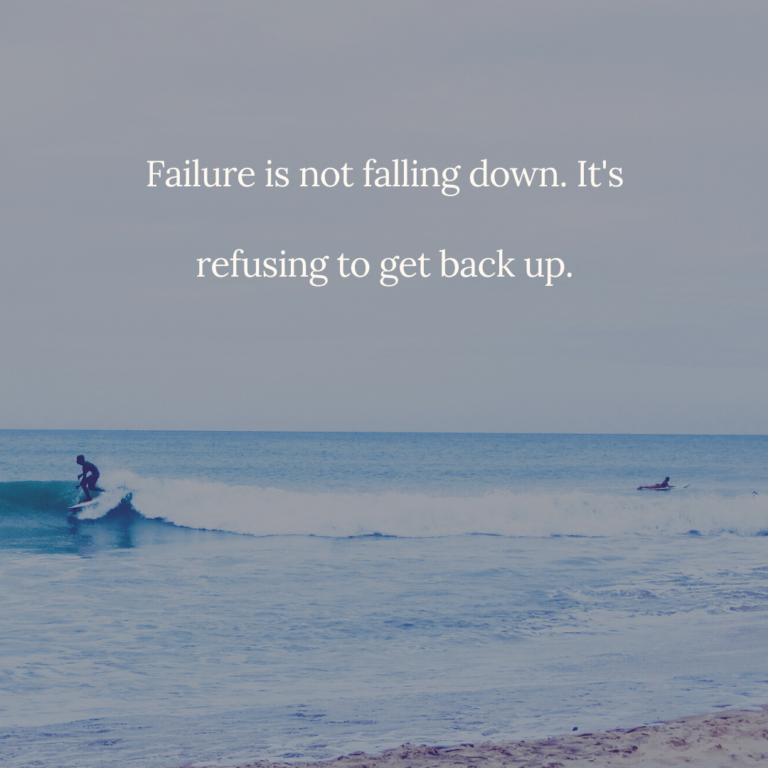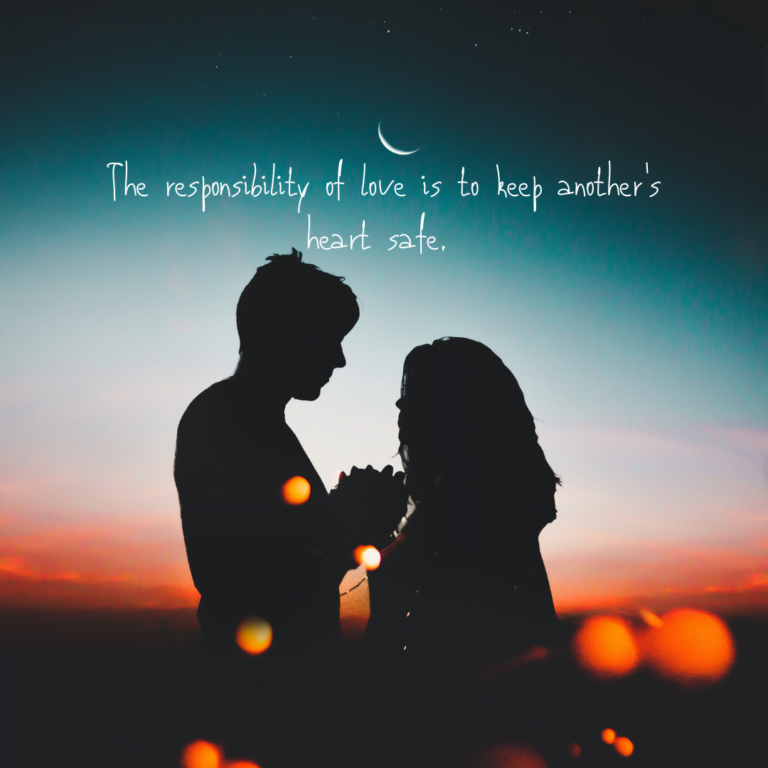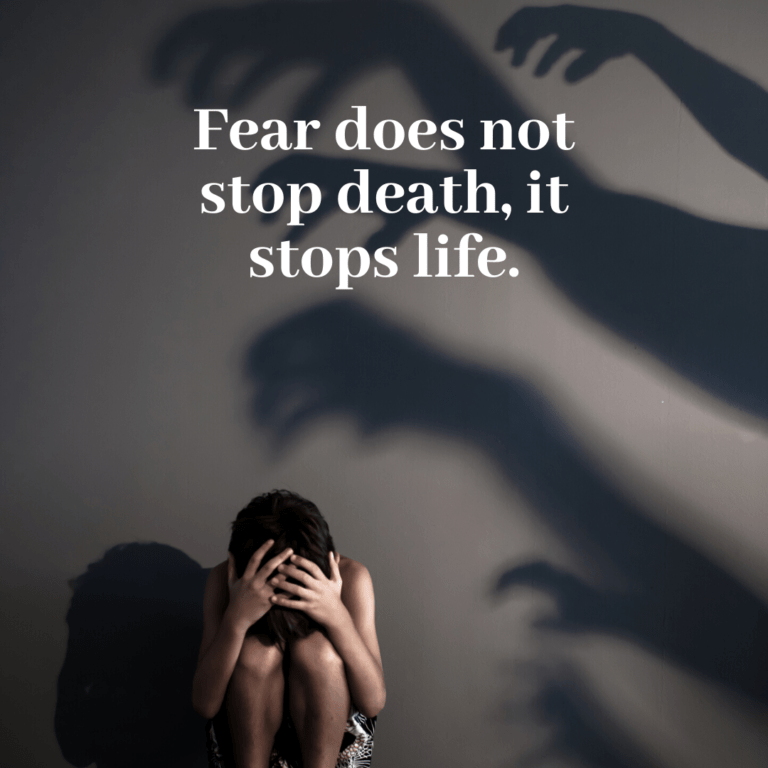Be careful who you vent to. A listening ear is also a running mouth.
According to a study of more than 170,000 people published at the Psychology Bulletin in 2013, the average adult’s network of friends and colleagues have shrunk over the past 3 decades. Countless recent studies have shown that we are lonelier now, than ever before, since the birth of social media – a medium that in theory should make us feel more connected to others.
I know that for me, when I have been lonely, I’ve made the mistake of connecting with other people out of desperation. And many times, the people I selected to open to, were not trustworthy. Looking back, I was so desperate to feel seen and heard, that I missed the warning signs that were there that told me that this person was not someone I should confide in.
We have all gone through periods of extreme loneliness, and I can tell you that for me personally, there have been times when I have felt overwhelmed by it. It can feel depressing and you can feel like you are the only one experiencing it. But I promise you that you are not alone.
Let’s take a look at how we can overcome feelings of loneliness, and traits of good, core friends that we can turn to for support.
Here are some tips I found helpful for overcoming my own feelings of loneliness:
1. Identify why you are feeling lonely.
There is a difference between feeling lonely and being isolated. Do you feel lonely because you are in the wrong relationships and you don’t feel like people get you? Have you isolated yourself from people and feel disconnected from the world? What do you wish you had in your life right now that would make you feel more connected to the world and to others? How do you want to connect to the world? What are the things that are important to you and bring you joy?
The answers to these questions can help you identify the root cause of what is creating loneliness and it can help you navigate to a path of connection.
2. Put yourself out there. Even when you don’t feel like it.
I can’t stress this point enough. Even if you don’t feel like putting yourself out there, do it anyway. Don’t wait until you feel okay about it. There are tons of ways to meet new people and make connections. Take a class you are interested in, volunteer for a cause you feel passionate about, join a meetup group for something that is interesting to you. Join a book club or support group. Go on a random adventure or plan one.
The point is, start experiencing things. If you end up doing something that doesn’t really resonate with you, that’s okay, you’ve learned something about yourself.
3. Start a gratitude journal.
It’s so easy to get wrapped up in our own feelings of loneliness that we forget to think about all the things that we do have to be grateful for. It’s amazing how we can shift our mindset and mood when we start to focus on the things that we do have.
4. Stop spending a lot of time on social media.
Understand that most of what you see out there, are people’s highlight reels. It’s all curated and people are posting about unpleasant things they may be going through. I look back at my own posts and things seem so great in the pictures, but in reality, I was miserable. Don’t allow yourself to focus too much on what others are posting.
Here are some traits to look for when building a close circle of friends you can turn to for support. Select friends who:
- Have similar values and/or goals.
- Are positive reinforcers for you and who can bring balance where you are weaker.
- Will celebrate your successes with you and are excited about your journey.
- Challenge you to grow and think outside the box.
- Validate you and your experiences.
- Have shown through their actions that they are trustworthy and that they value the trust you place in them.
- Are honest and dependable.
- Have integrity in their own life and expect that from others, too
Obviously, you want to be a friend with those desirable traits, too.
Take a look at times when you may have vented to someone who betrayed your confidence. Did you tell this person because you were feeling lonely and needed to get it off your chest? Did you tell someone who had really earned your trust?

